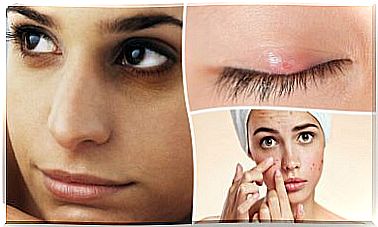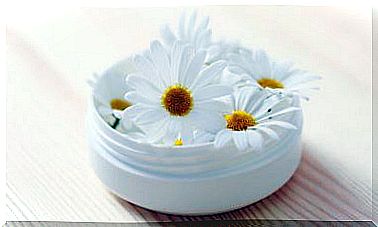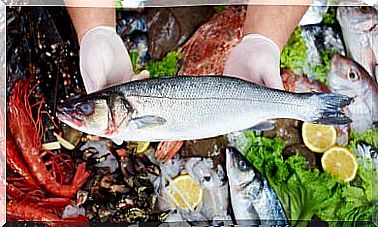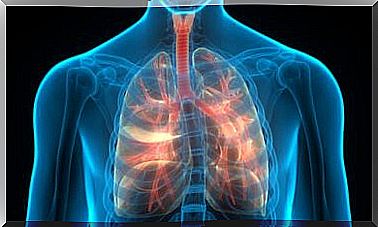How To Know If I Have A Migraine
Migraines are more frequent than you think. It is estimated that 15% of the world population suffers from them, especially women, in which they are three times more frequent than in men, indicating that the hormonal factor is important.
Migraines are not mere headaches (headaches) and once they are triggered they usually last three days in a row. Knowing what the early symptoms are and what parameters can exacerbate them can help prevent them.
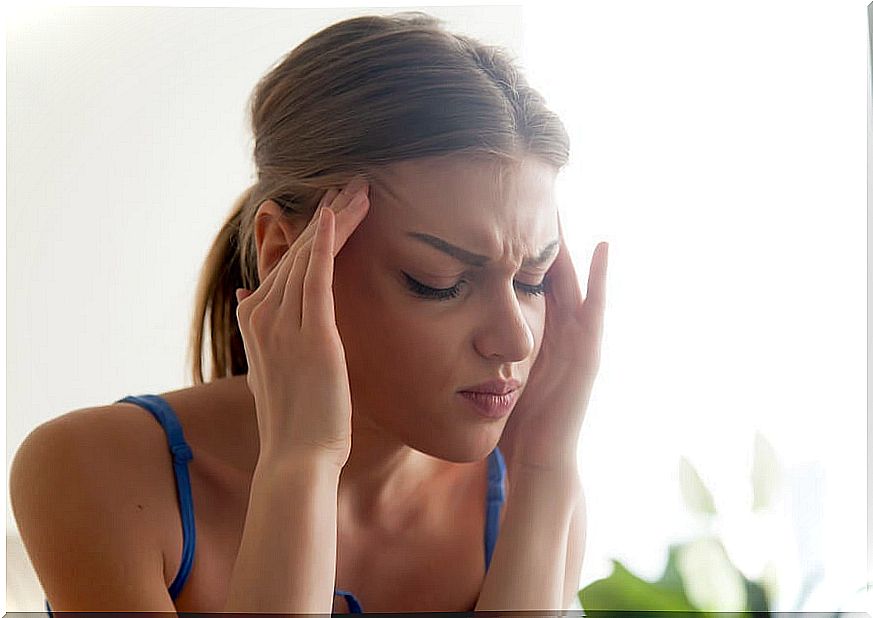
The brain feels no pain
The brain does not hurt when the head hurts. However, it is the one that manages the sensation of pain. Although we always flee from this unpleasant sensation, pain is a great ally of health.
If we did not feel pain, we would not know that something is not right in the body. Pain plays an essential role in keeping the body healthy. Now, why does our head hurt? Some circumstances are mentioned below:
- Changes in intracranial pressure.
- Inflammation of the nerves.
- Changes in the shape of the blood vessels in the brain (more dilated or distended or more constricted).
- Muscle tension in the cervical area.
Characteristics of migraines
People can suffer from migraines as early as adolescence. Sometimes they occur due to hereditary causes, although the environment can also influence.
Although the exact causes of migraines are the subject of much scientific study, and there are still unknown aspects, it is known that migraines can be triggered by different causes.
- They are related to local inflammation of blood vessels that produces abnormal dilation, inducing the sensation of pain.
- Other causes are associated with the activity of neurons itself.
During a migraine, one side of the face or head may feel numb. Nausea is also common. High sensitivity to light is experienced. Occasionally, auras (flashes of light, distorted vision, appearance of unreal sounds, or loss of part of the visual field) are experienced and are sometimes accompanied by tingling in the face, arms, and legs, and difficulty speaking fluently.
Signs before you have a migraine
While they are sometimes unavoidable, there are signs that we have a migraine on the doorstep. Identifying the symptoms can help you to medicate in time in a preventive way and prevent the migraine from setting in.
Some signs of migraine are:
- Dry mouth and thirstier than usual.
- Cravings and desire to eat more frequently.
- Yawning constantly for no apparent reason.
- Constipation, intestinal irritation, feeling of heaviness in the stomach.
- Humor changes.
- Note stiff neck and pain in cervical muscles.
Environmental causes
Although in migraine the genetic factor is unavoidable, some known contextual factors are :
- Hormonal changes in women from the age of 30. They can increase or decrease if you take the pill and are also more frequent before the start of menstruation. With menopause in some women they disappear while in others they begin to occur.
- Stress and nervousness on a chronic basis.
- Drink wine (especially white wine), coffee or chocolate in excess.
- Strong odors, bright lights, or high-frequency flashing.
- Sudden weather changes (going from very cold to very hot or vice versa).
- Time changes ( jet-lags ).
- Some strong foods (aged cheeses, chocolate, cold cuts, very fatty foods, cakes and pastries, seafood).
- Dishes containing monosodium glutamate very common in oriental cuisine.

How to prevent migraines?
It is important to observe and listen to the internal sensations of the body, that is, to listen to ourselves inside. To the best of our ability, we can also avoid exposing ourselves to environmental contexts that may favor the appearance of migraines.
Stressful environments, with a stuffy atmosphere and poor ventilation, loud and shrill sounds, very bright and flickering lights, etc., should be avoided.
Here are some guidelines that can help prevent migraines:
- Sleep well. The ideal is to sleep 7 to 9 hours a day.
- Find moments of relaxation and mental rest. Oxygenate yourself in contact with nature is very effective to relax.
- Eat light with vegetable dishes, soft fish, lean meats, etc. without filling the plate.
- Avoid heavy digestions.
- Avoid alcoholic beverages.
- Protect your eyes with sunglasses.


